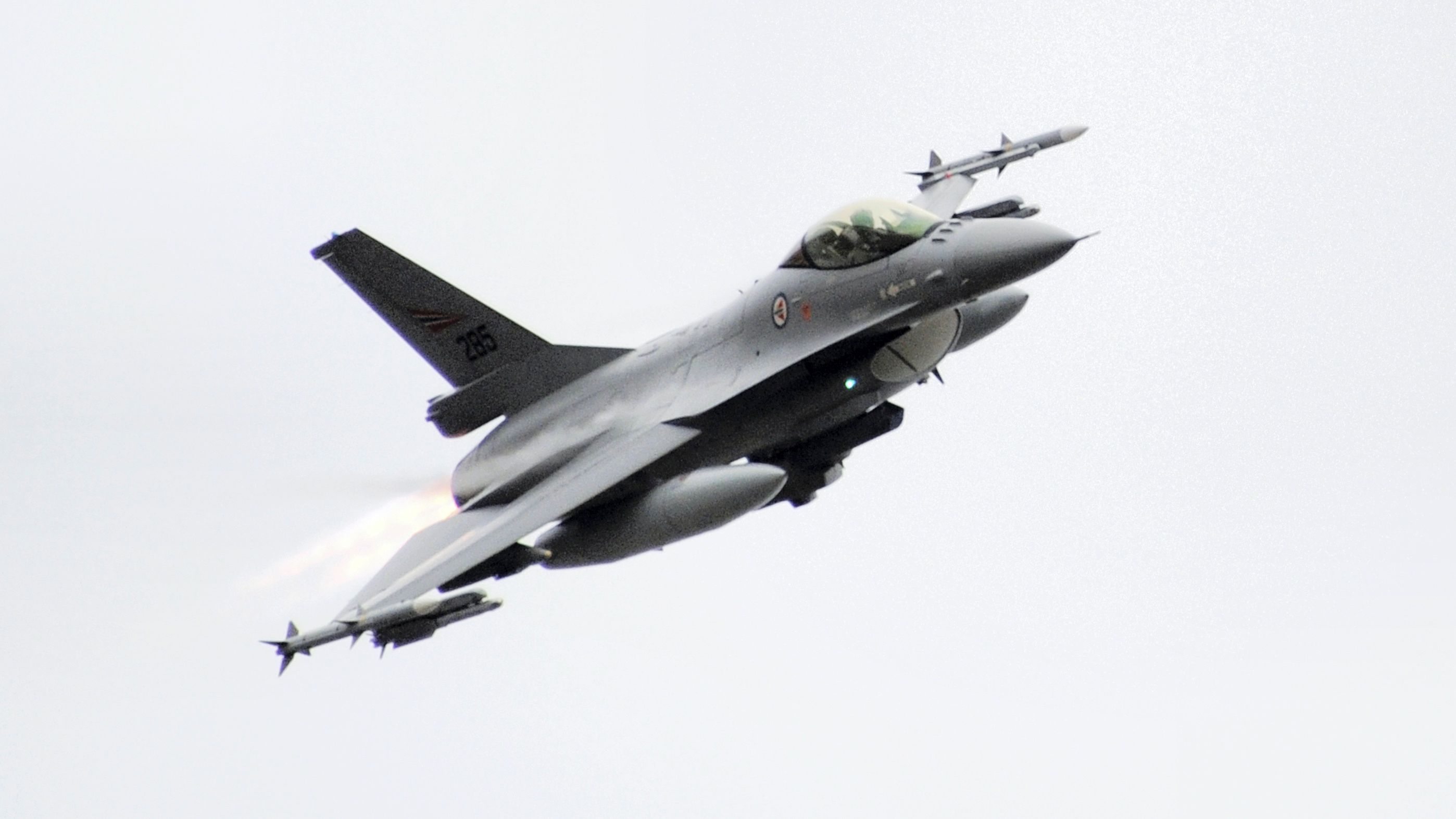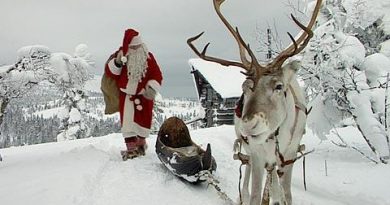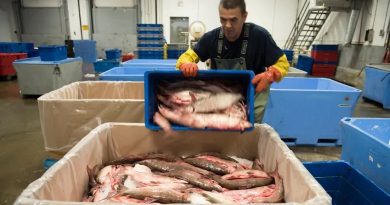Over 100 aircraft take part in multinational exercise in Arctic Europe

The biennial air force exercise Arctic Challenge is in full swing with more than 100 aircraft from nine nations.
Arctic Challenge 2019 (ACE 19) is led by the Swedish Air Force from Kallax air base near Luleå, in northern Sweden, that is responsible for planning and direction of the training events. Also the Finnish air base in Rovaniemi and Norway’s two air bases, Bodø and Ørland, are host airports.
With two to three daily waves of fighter jets in the airspace over the northern regions of the three countries, Arctic Challenge is among the largest air exercise in Western Europe this year.
Additional to Norway, Finland and Sweden, participating aircraft and ground personnel come from Denmark, USA, the Netherlands, Germany, France and the United Kingdom. NATO is also flying its AWACS aircraft monitoring the air space during the exercise.
The organizers of the exercise say the international aims are to train participating units to collaborate in combined air operations, practice safe and effective dissimilar aircraft combat training, improve interoperability by adopting NATO procedures and providing host nation support, and carry out a cost-effective exercise using the Cross Border Training concept.
Although Finland and Sweden are not NATO members, they are both partner countries and have participated in several NATO exercises, like last year’s Trident Juncture in Norway.
Nordic cooperation
Arctic Challenge is a part of the Nordic Defence Cooperation (NORDEFCO) and has been conducted every second year since 2013. With the new security landscape in Europe, the Nordic counties are more and more teamed up with cross-border military joint operations and exercises.
Last week, Norwegian soldiers took part in exercise manoeuvres together with the Finnish Defence Forces’ Jaeger Brigade and Kainuu Brigade in Sodankylä in Finnish Lapland. The Norwegians brought with them four CV90 combat tanks to the exercise.
Arctic Challenge 2019 will last until June 4th. Additional to fighter jets, the exercise include transport aircraft, search- and rescue helicopters and aerial refuelling tankers.
Russian navy holds air defence drill
Simultaneously as Arctic Challenge planes took off from the different airports in northern Scandinavia started Russia’s Northern Fleet its own exercise, not surprisingly, training on repulsing enemy air raids in the Barents Sea.
Missile cruiser Marshal Ustinov, followed by a few smaller navy vessels, led the exercise. Su-24 bombers pretended to be the enemy attacking the navy ships from various heights and directions, the press service of the Northern Fleet reports on Sunday.
Last week, the navy ship Severomorsk conducted artillery shootings in the Norwegian Sea outside Nordland and Troms. In April, Russia’s largest warship, the Pyotr Velikiy missile cruiser together with long-range bombers, anti-submarine helicopters and fighter jets held a live-shooting exercise in international waters outside Andøya air base in northern Norway.
Related stories from around the North:
Canada: More assertive U.S. Arctic policy puts Ottawa and Washington on collision course, Radio Canada International
Finland: Fighter jets flying low over Arctic Finland for military drill in northern Sweden, Yle News
Norway: Norway rearming in Arctic to face new security landscape, The Independent Barents Observer
Russia: Moscow threatens response against Norwegian radar near Russian border, The Independent Barents Observer
Sweden: Cross-party talks to expand military marred by political feud, Radio Sweden
United States: U.S. fighter jets intercept Russian warplanes off Alaska, Radio Canada International



